Researchers identify two key proteins that allow chandelier cells to connect with excitatory neurons. This “handshake” regulates brain signals and, when disrupted, may lead to epilepsy or autism.
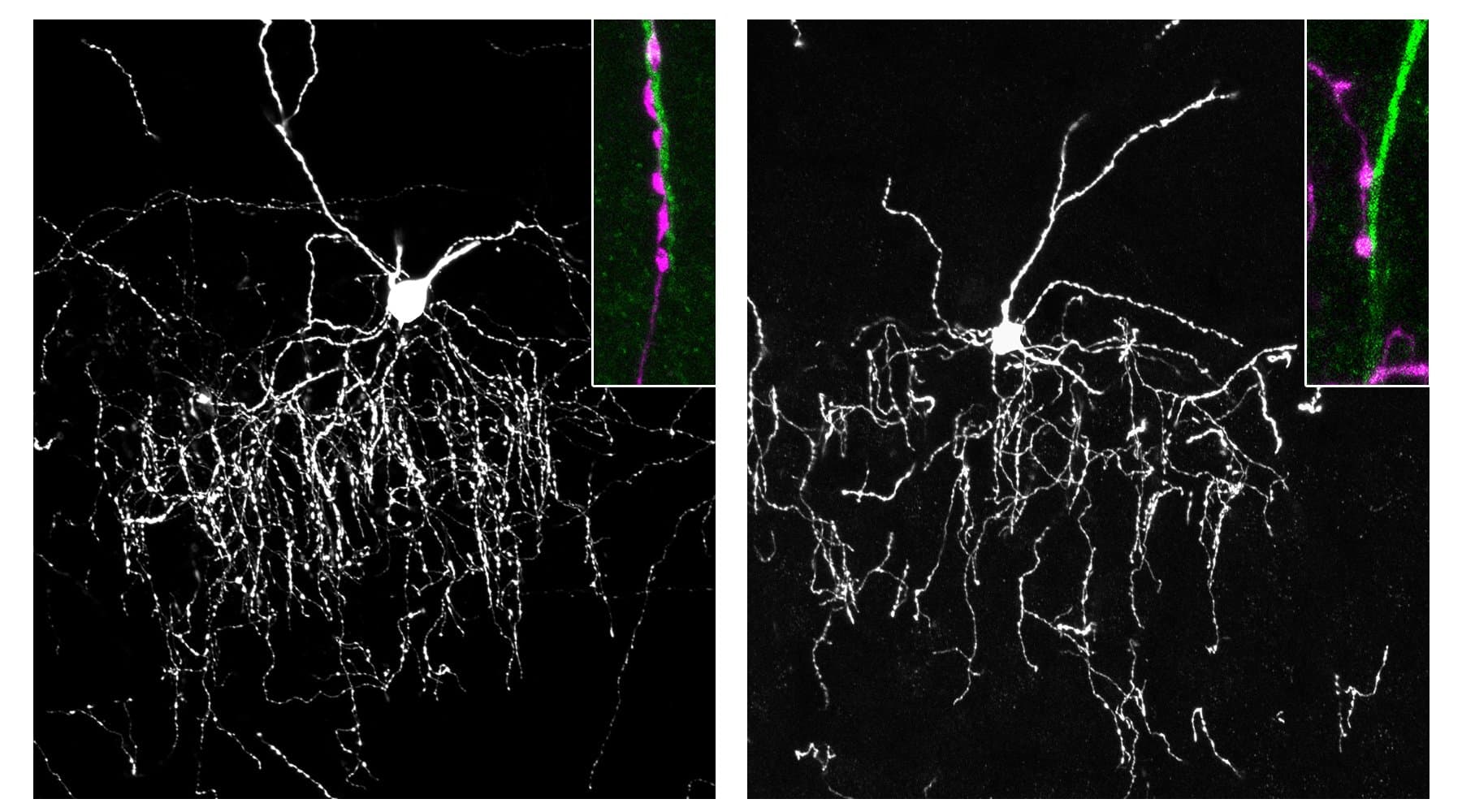

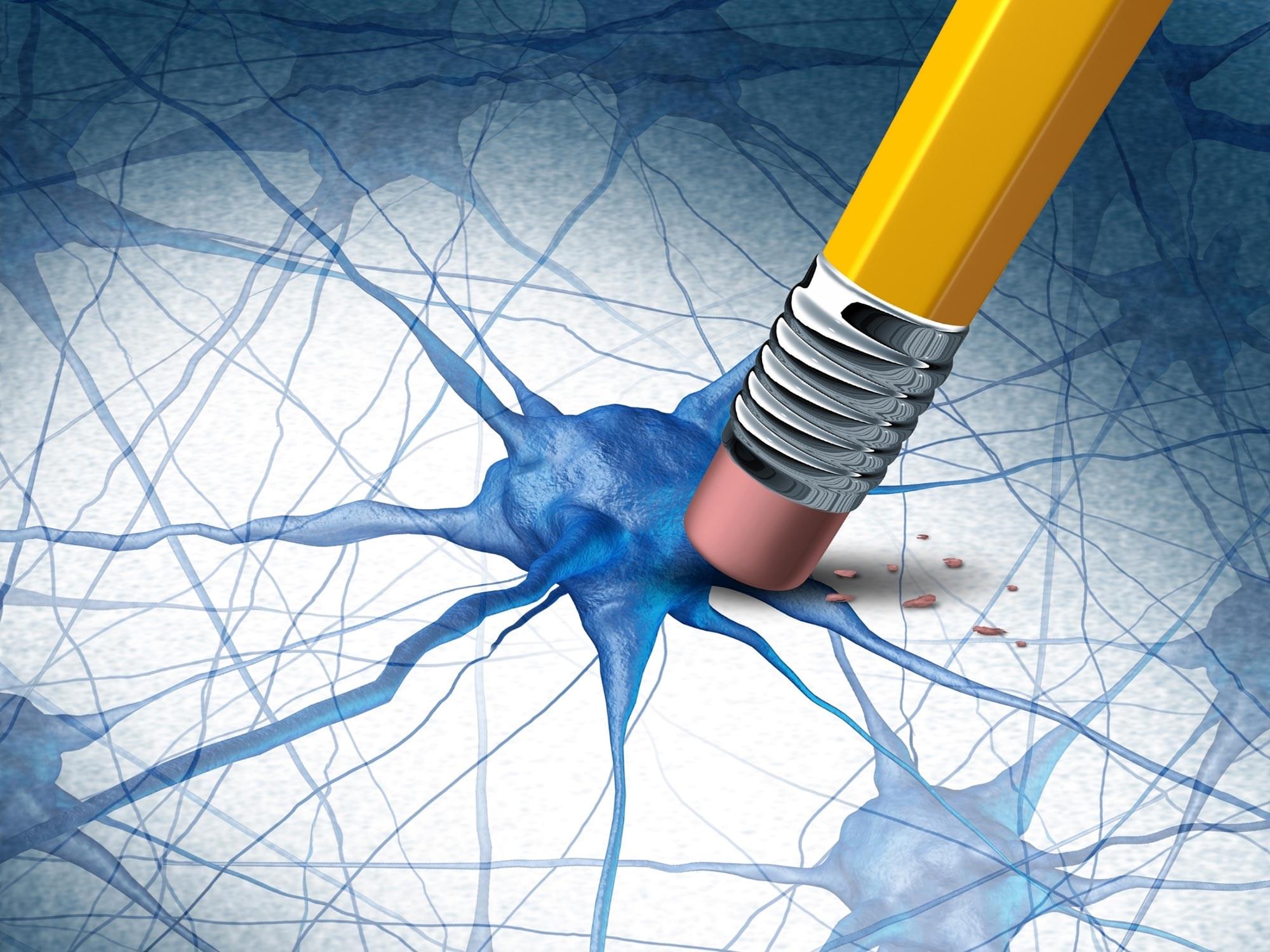
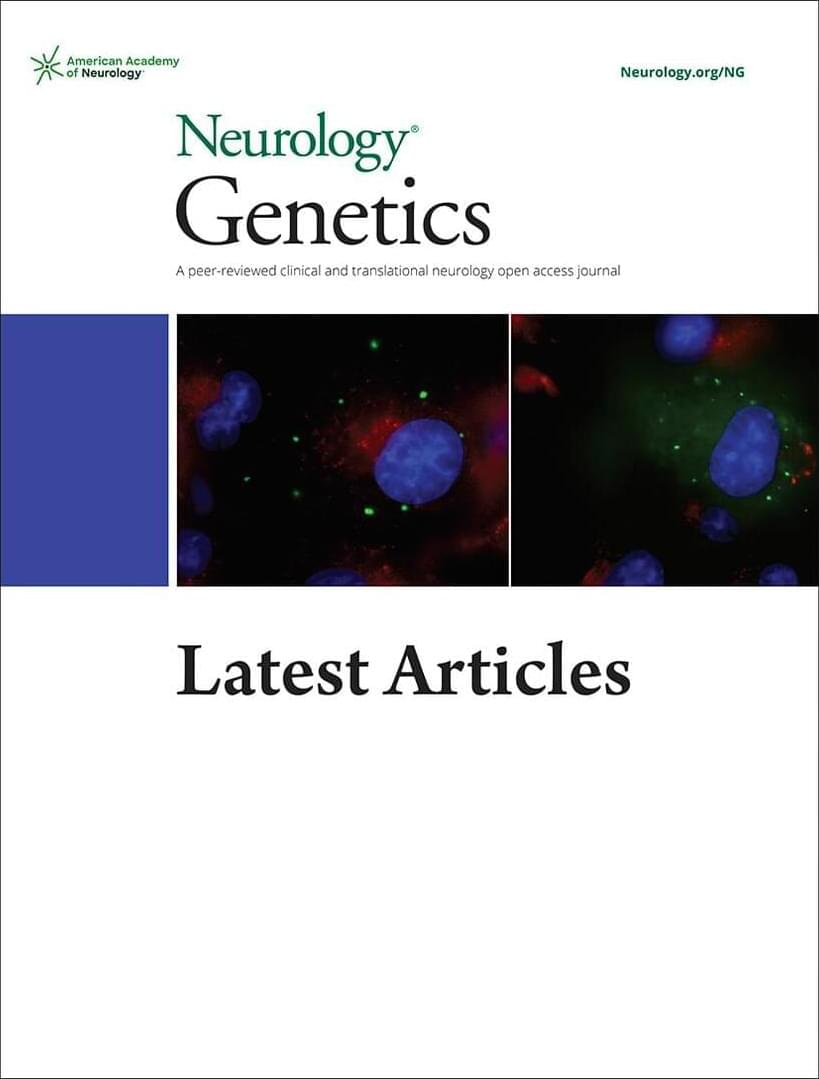
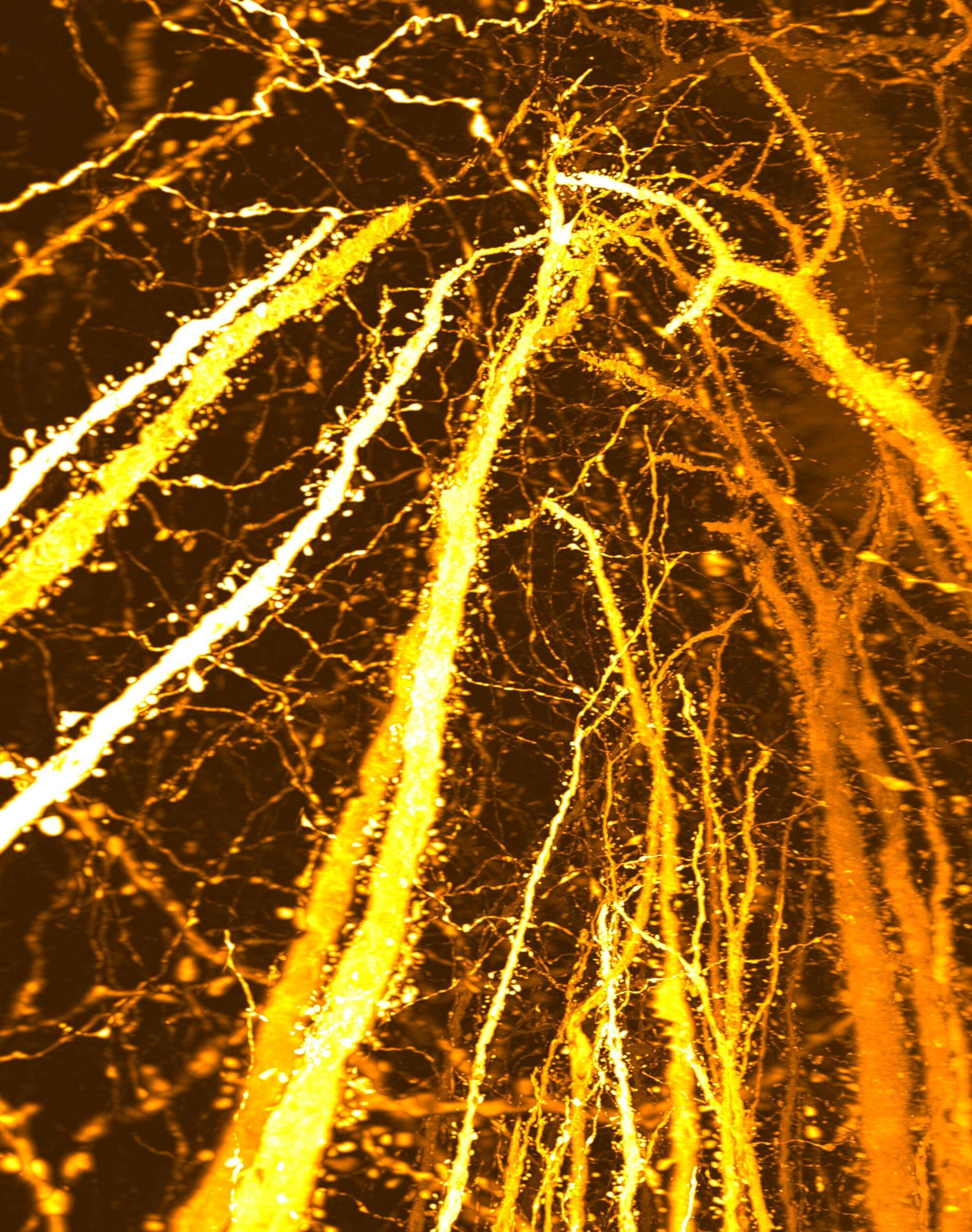
Researchers from Kyushu University discovered a previously unrecognized synaptic “hotspot” that forms during adolescence, challenging the long-held view that adolescent brain development was dominated by synaptic pruning. This hotspot fails to form in mice carrying a schizophrenia-associated gene, pointing to a potential link between adolescent synaptic formation and psychiatric disorders, including schizophrenia.
Adolescence marks an important transition not just socially and physically, but neurologically. During this period, higher cognitive functions such as planning, problem-solving, and decision-making gradually mature. Yet, the underlying mechanisms of neural circuit development remain poorly understood.
Key to this process are synapses—the functional connections between neurons allow information to flow through the brain. Previously, it has long been hypothesized that synapse numbers increase during childhood and then decrease during adolescence. It has also been proposed that excessive “synaptic pruning,” a process that refines neural circuits by eliminating unused or weak connections, may lead to neuropsychiatric disorders. One example is schizophrenia, a condition characterized by hallucinations, delusions, or disorganized thinking.
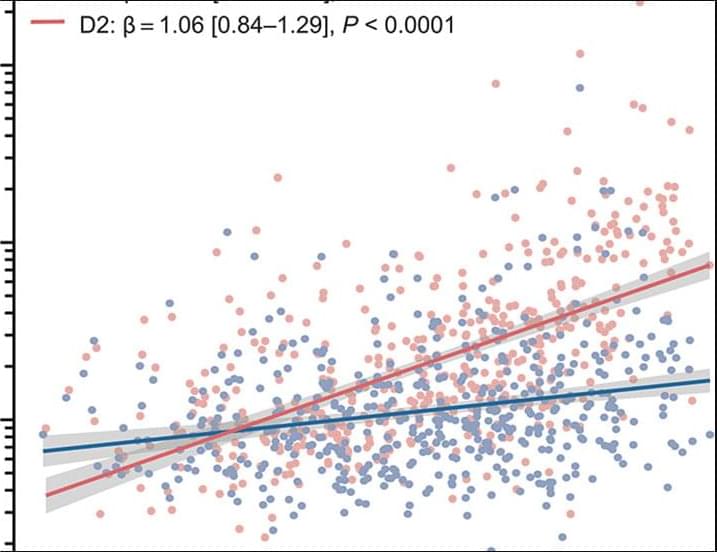
Monitoring markers of tau protein in the blood can predict functional outcomes in patients recovering from ischemic stroke better than MRI, according to a comprehensive study of more than 1,200 patients in ScienceTranslationalMedicine.
📄
Sci. Transl. Med. 18, eadz1280 (2026). DOI:10.1126/scitranslmed.adz1280
Select the format you want to export the citation of this publication.
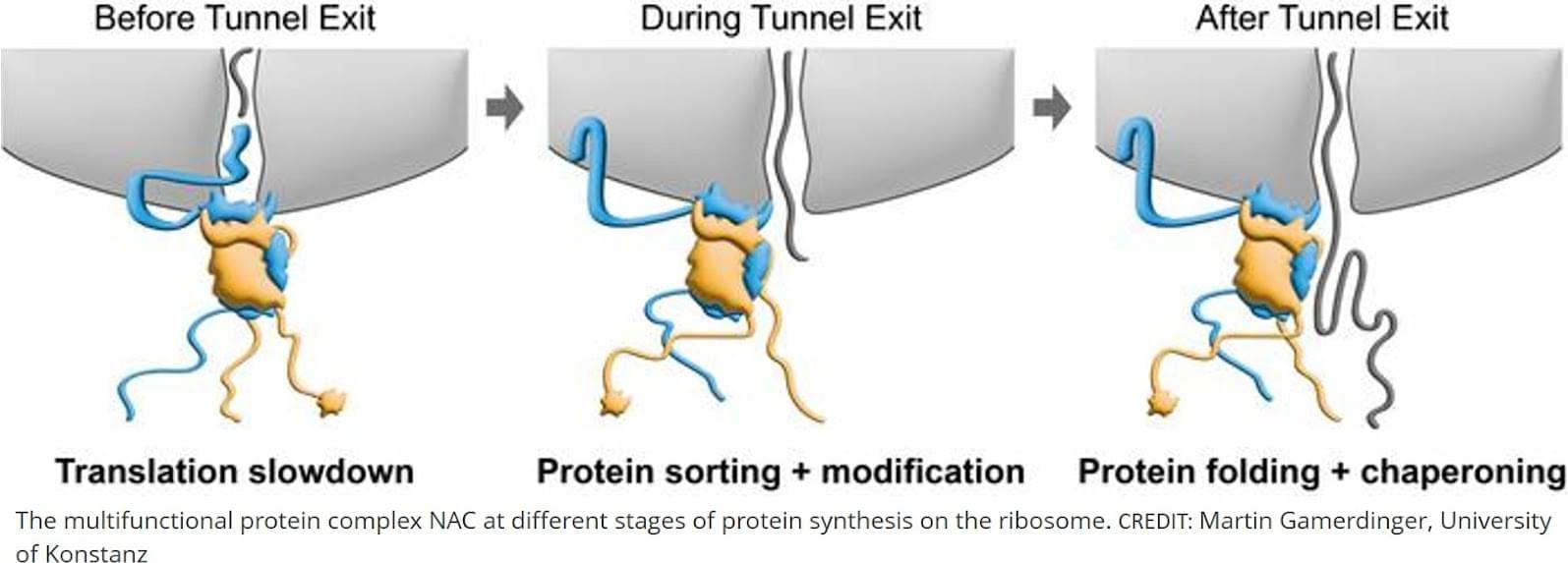
Controlling myelin sheath geometry!
Mechanics of how oligodendrocytes, the myelinating cells of the brain, insulates the axons for proper signal transduction across the neurons is not well understood.
The researchers in this study show that oligodendrocytes use mechanical cues to measure axon size.
Loss of TMEM63A causes mis-sizing of myelin sheaths and hypomyelination linked to transient infantile leukodystrophy. https://sciencemission.com/TMEM63A-regulates-myelin-sheath
Dereddi, Djannatian, and colleagues show that oligodendrocytes use mechanical cues to measure axon size. The stretch-activated channel TMEM63A converts membrane tension into calcium signals, which calibrate myelin sheath growth via MYO5A-dependent Mbp mRNA transport. Loss of TMEM63A causes mis-sizing of myelin sheaths and hypomyelination linked to transient infantile leukodystrophy.
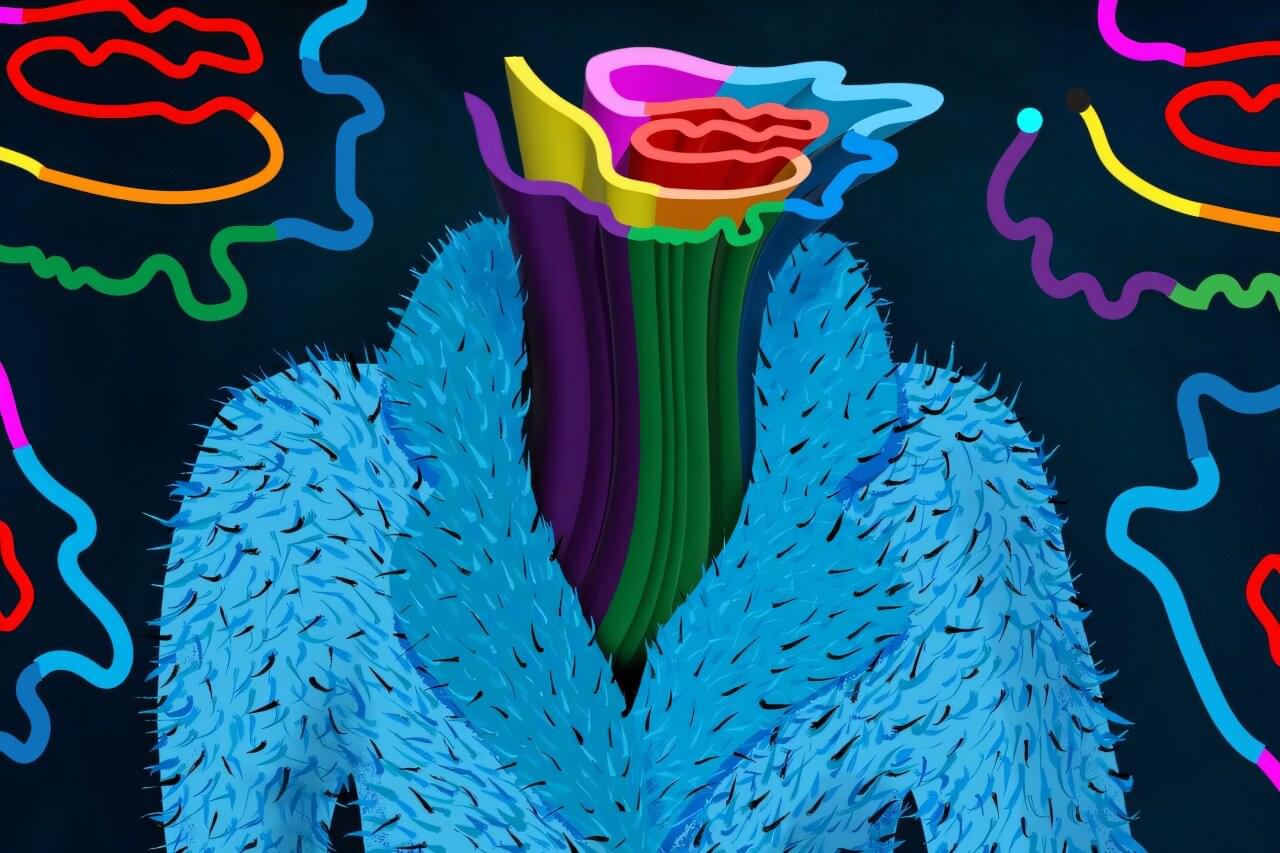
One of the hallmarks of Alzheimer’s disease is the clumping of proteins called Tau, which form tangled fibrils in the brain. The more severe the clumping, the more advanced the disease is.
The Tau protein, which has also been linked to many other neurodegenerative diseases, is unstructured in its normal state, but in the pathological state it consists of a well-ordered rigid core surrounded by floppy segments. These disordered segments form a “fuzzy coat” that helps determine how Tau interacts with other molecules.
MIT chemists have now shown, for the first time, they can use nuclear magnetic resonance (NMR) spectroscopy to decipher the structure of this fuzzy coat. They hope their findings will aid efforts to develop drugs that interfere with Tau buildup in the brain.
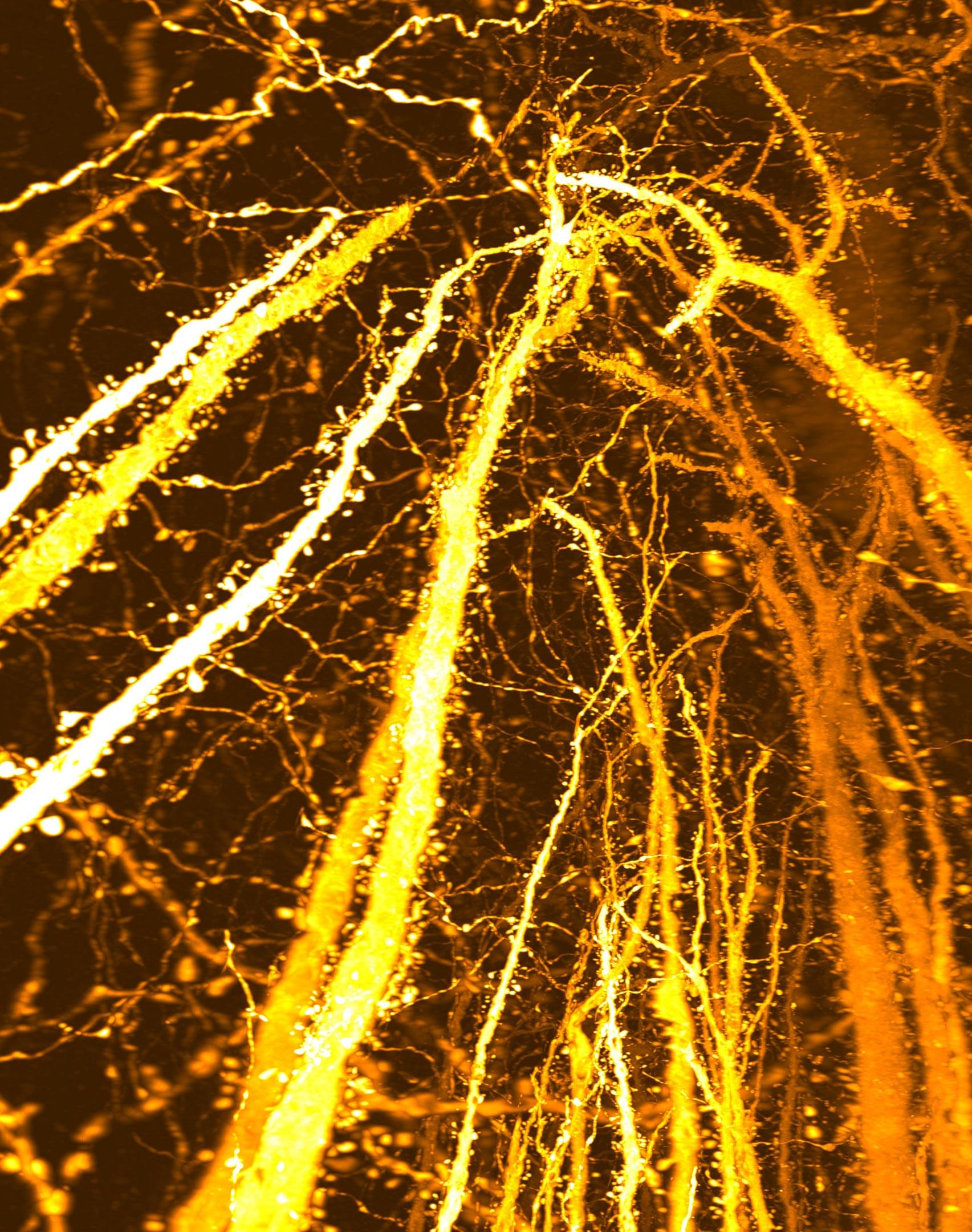
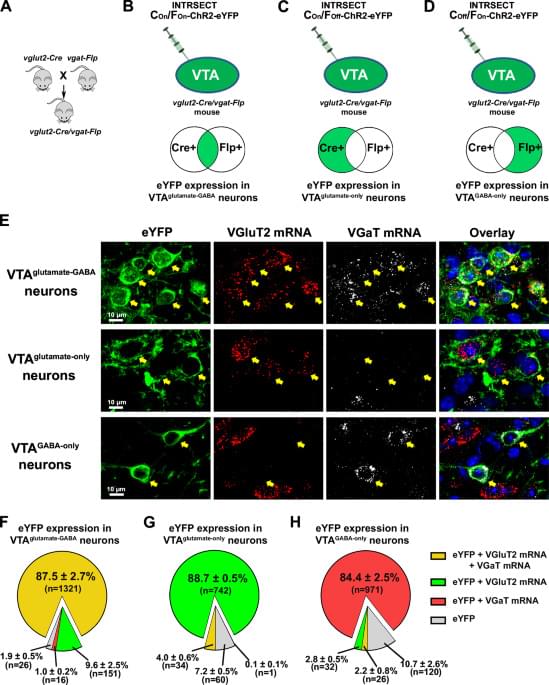
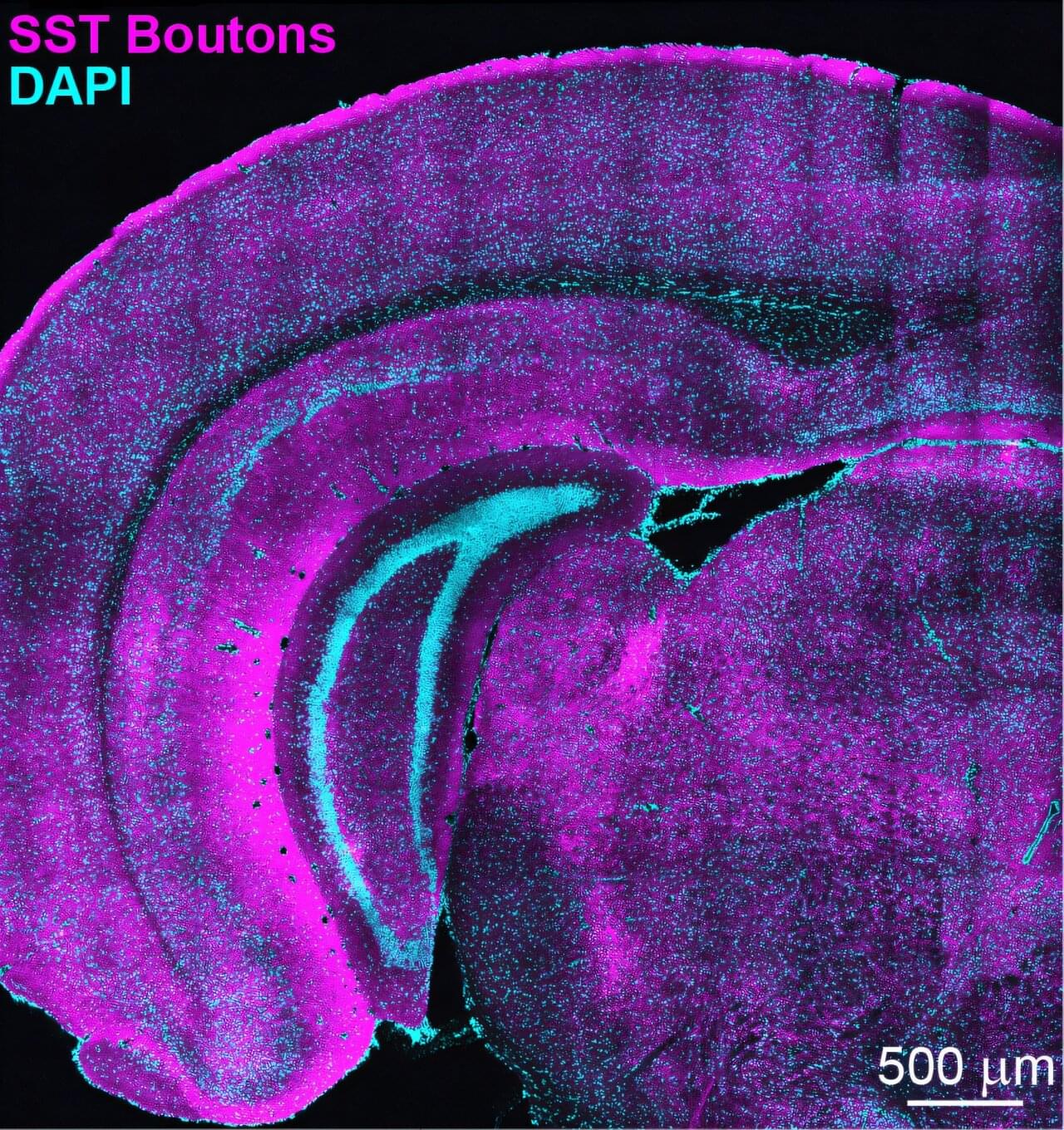
The way the brain develops can shape us throughout our lives, so neuroscientists are intensely curious about how it happens. A new study by researchers in The Picower Institute for Learning and Memory at MIT that focused on visual cortex development in mice, reveals that an important class of neurons follows a set of rules that while surprising, might just create the right conditions for circuit optimization.
During early brain development, multiple types of neurons emerge in the visual cortex (where the brain processes vision). Many are “excitatory,” driving the activity of brain circuits, and others are “inhibitory,” meaning they control that activity. Just like a car needs not only an engine and a gas pedal, but also a steering wheel and brakes, a healthy balance between excitation and inhibition is required for proper brain function.
During a “critical period” of development in the visual cortex, soon after the eyes first open, excitatory and inhibitory neurons forge and edit millions of connections, or synapses, to adapt nascent circuits to the incoming flood of visual experience. Over many days, in other words, the brain optimizes its attunement to the world.